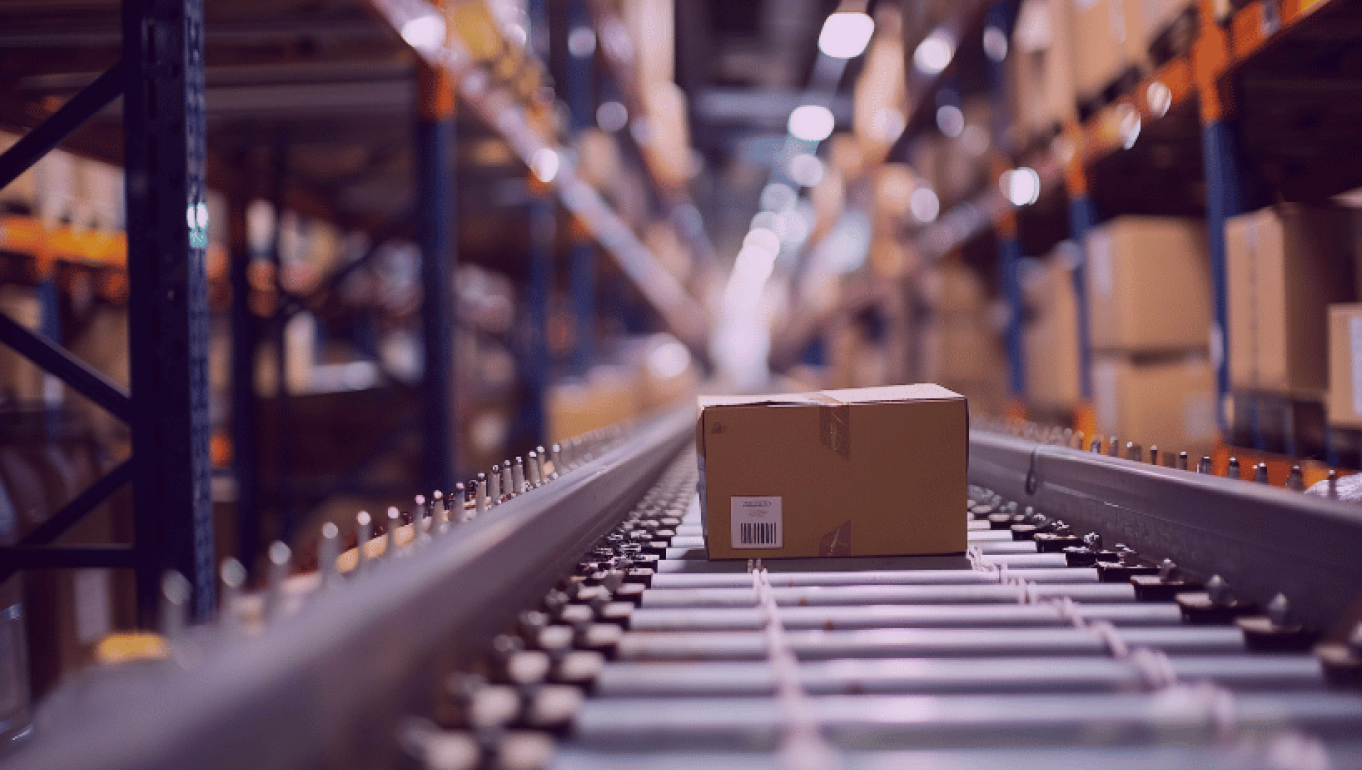Throughout a business career and various projects as a Data Scientist, one encounters tools that perform differently depending on the circumstances. This is why, in our projects, we ensure that all available tools are carefully reviewed and selected to design the most effective solutions. The retail industry, and supply chain management in particular, are areas where modern, innovative approaches yield the most striking results.
AI and GenAI: Revolutionizing Supply Chain
AI, including Generative AI, is now essential for automating and optimizing supply chain management. By analyzing vast datasets, predicting trends, and enabling real-time decision-making, AI significantly enhances operational efficiency, reduces costs, and minimizes the risk of supply chain disruptions. Generative AI, in particular, empowers companies to develop new scenarios and optimize strategies, leading to better planning, inventory management, and adaptability in rapidly changing market conditions.
Boosting Efficiency and Reducing Costs
AWS offers the AWS Supply Chain service, which optimizes logistics processes and, when combined with SAS Intelligent Planning, automates supply chain planning. This integration enables businesses to increase efficiency and cut supply chain costs. Additionally, Amazon Bedrock supports logistics analysis with GenAI models, allowing for the seamless deployment and use of advanced AI models from leading providers. This empowers companies to quickly integrate ready-made GenAI models, automate operations, and create personalized solutions without the need for advanced coding skills.
Top Use Cases
Here are key examples of how AWS services can be utilized for supply chain automation and optimization:
- Demand and Inventory Forecasting
- Warehouse Management Optimization
- Logistics and Transportation Management
- Customer Service Automation
- Supply Chain Risk Management
- Supplier Negotiation and Management
- Production Process Optimization
AI models analyze historical data to identify seasonal patterns and demand fluctuations, enabling more accurate inventory planning and minimizing excess inventory or shortages. AI also integrates unstructured data sources, such as market trends and socio-economic events, for better demand forecasting.
AI monitors inventory levels in real-time and automatically reorders products when stocks fall below a set threshold. Algorithms optimize product placement in warehouses, reducing order fulfillment times and boosting operational efficiency.
AI analyzes traffic, weather, and other variables to optimize delivery routes and reduce transportation costs. Advanced models provide real-time shipment monitoring, predict potential delays, and suggest proactive alternative solutions.
AI-powered chatbots enhance customer service by providing order tracking, issue resolution, and product information. AI LLM models analyze large volumes of customer feedback, enabling companies to quickly address concerns and adjust their offerings to meet market demands.
AI identifies potential supply chain risks in real-time, such as production delays, supplier issues, or regulatory changes. AI also assesses the impact of global events on the supply chain and recommends appropriate countermeasures.
AI models compare supplier offers, considering factors like price, quality, delivery time, and risk, facilitating more informed purchasing decisions. AI can also automate bidding processes, analyze offers, and recommend the best suppliers based on predefined criteria.
AI monitors machine conditions in real-time and predicts failures, enabling proactive maintenance planning and avoiding production downtime. AI also analyzes production processes to identify areas for improvement, increasing efficiency and reducing waste.
Leverage AI in Your Supply Chain with Algomine
Algomine has extensive experience in implementing AI and machine learning solutions to support various aspects of the supply chain process. If you’re interested in enhancing your supply chain with AI and ML technologies, contact us today.
Cezary Głowiński, Algomine
This post was created in collaboration with Magdalena Rempuszewska, Digital Transformation Architect, AWS.
Related Resources:
AWS Supply Chain: https://aws.amazon.com/aws-supply-chain/
AWS Sage Maker: https://aws.amazon.com/sagemaker/
SAS Workbench in AWS Cloud: https://aws.amazon.com/marketplace/pp/prodview-oyybm2xk34dos

